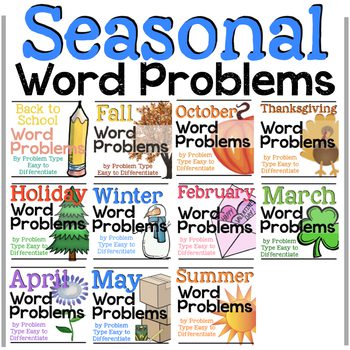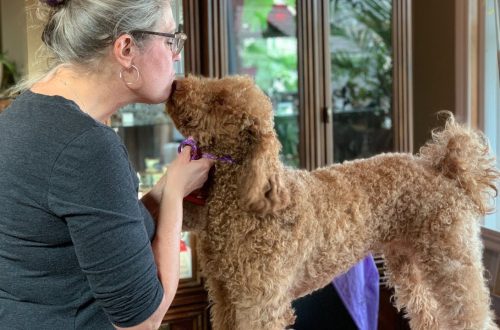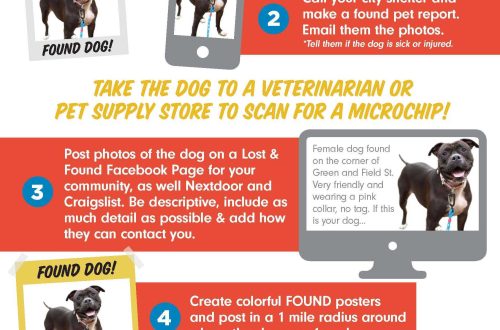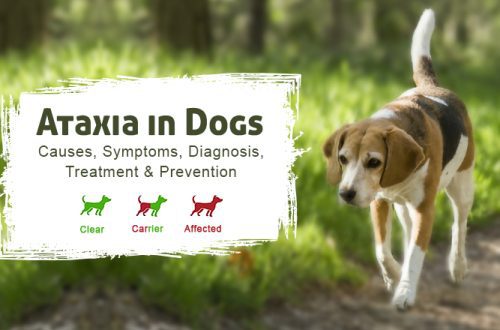
Seasonal problems
Contents
Seasonal Issues: How to Protect Your Puppy
During the first weeks and months of his life, your puppy will face many different situations, most of which will be pleasant and happy, but not all. So that you are ready for any difficulties, we will tell you about some difficult moments.
Christmas: not the best time for a puppy
Unfortunately, Christmas is probably the worst time to get a puppy. He needs not only all your attention, but also a calm environment, and during the winter holidays, everyone is usually very busy and always in a hurry. Your puppy needs around the clock feeding, nurturing and time to rest and recover, and at Christmas this is almost impossible. But if you do decide to get a puppy at this time of year, pay attention to the following points:
- Open doors and people coming in and out can provoke your puppy to “escape”
- Your puppy will be under your feet all the time, which threatens him with crushed paws or more serious injuries
- Your puppy’s upbringing will be interrupted by celebration all the time, which will cause unwanted stress for you and your pet. In addition, the middle of winter is not the best time for this.
- Be aware of other dangers too: holiday decorations, gifts, ribbons, wrapping paper, and children’s toys. Puppies love bright objects and may swallow any of these, which can lead to death.
- Be especially wary of chocolate Christmas decorations – the temptation to treat your pet will be great, but remember that chocolate is bad for dogs, and even poisonous in large quantities.
- The same applies to treats from the festive table, and an open buffet in the kitchen. You don’t want to ruin your day with an upset stomach for your pet.
- Your puppy can choke on turkey bones, get them stuck in his mouth, or damage his esophagus or stomach. Don’t leave leftovers within reach of your puppy.
- This is a very important period of time when a bond is formed between you and your pet. Your puppy needs the best possible start in life, so try to prevent bad habits from forming
- Holiday worries can get in the way of keeping track of the relationship between your puppy and your children. The situation of a sick, scared or injured puppy biting your children is very real.
Fireworks: not for your puppy
When your puppy (or other pet) is confronted with unexpected noises, crackles and fireworks, he is under a lot of stress and his behavior can be unpredictable. Your puppy doesn’t know what’s going on and will be scared. And now fireworks are launched not only on holidays. We’ll share some of the steps you can take to make your pet’s life more enjoyable during times like these.
- Set up a safe, cozy hiding place for your puppy with a woolen blanket or some kind of bedding for him to hide in. This place should be as far away from fireworks as possible. Take your pet there several times shortly before the holiday. Sometimes feed him there and leave some toy or something for him to chew on. Make sure your puppy can hide there at night if he wants to.
- Walk your pet before the show starts. Feed him about an hour before the fireworks – the puppy will be sleepy and will tolerate the noise more easily.
- You can reduce the noise somewhat by turning on soft music. But if it makes your puppy even more nervous, you should turn it off immediately.
- Don’t try to calm your puppy down with a pat – he’ll take it as an encouragement and think it’s okay to be scared. Don’t show him that you are concerned.
- If he doesn’t want to sit in his seat, try to distract him by playing or exercising, but don’t force him.
- You can also put the TV in a “safe” room and be there with your puppy. Surrounded by family, your pet will feel calmer.
- If your puppy is hiding somewhere in a corner or under furniture, don’t stop him.
- Make sure your puppy is collared and has a tag on it in case he runs away. Microchipping is also helpful in such cases.
- If your puppy is panicking, make sure there are no dangerous objects around him, such as glass doors or open flames.
If you know in advance that your puppy is afraid of fireworks, ask your veterinarian about a device that releases special pheromones into the air that have a calming effect on dogs (Dog Appeasing Pheromone). Place it in the room where your puppy spends most of his time, two weeks before the holidays. Alternatively, you can buy a fireworks sound CD and turn it on periodically to help your pet get used to the sounds.
Easter
There is always a lot of chocolate on Easter and the temptation to treat your puppy to such a delicacy will be great. We can only say one thing – it’s not worth it. It is extremely difficult to resist this pleading look, but remember: even a few pieces of dark chocolate can kill a small dog. Milk chocolate, from which most Easter eggs are made, can also be deadly for your puppy. Treat him with the usual dog treats, and leave the chocolate eggs for yourself and your family – and then everyone will have a happy Easter.
To make summer happy
We all love to spend more time outdoors when it gets warmer. However, summer can be dangerous for your pup, and since he doesn’t know about all the dangers, he will need your help.
Sunbathing: Your puppy will most likely enjoy basking in the sun, however, you must be careful not to overheat or get sunburned. Keep it in the shade or in the house during the hottest part of the day. Don’t let him spend too much time in the greenhouse. In hot weather, he should always have access to a cool shaded area. Light colored dogs with fine coats and light noses and/or ears can easily get sunburned. Your veterinarian will advise you on the use of sunscreen. He will select a non-toxic preparation, given that dogs instinctively lick off everything that is applied or gets on their skin or coat. If you notice any unidentified lesions on your pet’s skin, notify your veterinarian to have them checked. It could be skin cancer. If diagnosed early, it can be successfully treated.
Summer walks: When walking in hot weather, always take water and a bowl with you. Stop from time to time and let your puppy drink and cool down a bit. With prolonged overheating, a dog can experience heat stroke. If you do not respond promptly, your pet may fall into a coma. If you notice symptoms of heatstroke in your puppy – heavy breathing and excessive salivation – bathe him in cold water, wrap him in a damp towel and call your veterinarian immediately.
“Cold drinks”: In hot weather, your puppy loses a lot of moisture due to rapid breathing, so he will want to drink more than usual. Make sure there is always enough water in his bowl. It might be worth putting an extra bowl of water next to the kitchen door. Remember that water evaporates faster in hot weather – make sure the bowl is full. When it comes to food, throw away any leftovers to avoid breeding flies and food spoilage. Summer parasites: In hot weather, parasites become more numerous, so you should beware of fleas and ticks. Check your puppy’s coat and place regularly. Your veterinarian will recommend the best preventive measure for you.
Summer sores: In the summer, you will likely be walking more often, so regularly check your puppy for wounds or cuts – if left unattended, an infectious process can begin. In addition, grass seeds can get into the ears and between the pads of the fingers. They can even get under the skin and move there, being a source of infection. Also, small stones can get stuck between the pads of your puppy’s paws. If you don’t remove them in time, it can cause problems. If necessary, contact your veterinarian for assistance. More thorough grooming in the summer will allow you to detect various minor damage in a timely manner. Insect bites in summer: Your playful puppy will not be able to resist such a variety of insects of all shapes and sizes – he will try to taste everything he finds on earth. If your puppy has been bitten in the mouth or throat, or you suspect he may be allergic to bites, take him to the veterinarian immediately.
Summer poisoning: In the summer, your puppy often climbs various sheds and garages and who knows where he can stick his nose. Make sure all garden chemicals are well hidden and out of his reach. If you are spraying your plants or lawn, or spraying fertilizer, keep your puppy indoors.
If you suspect your puppy may have been poisoned, take him to the veterinarian immediately. If you know or suspect that he may have swallowed, take this package with you – it will help your veterinarian find an antidote.





